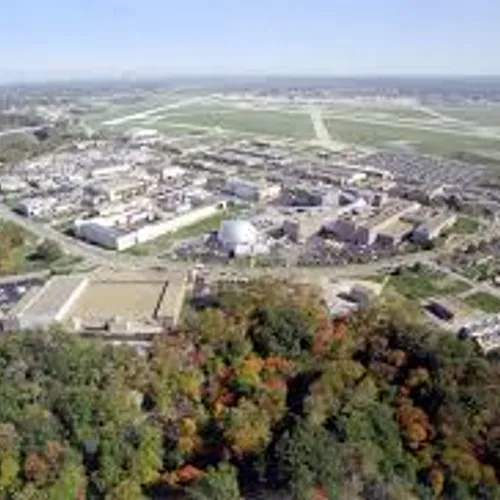Glenn (GRC) Region
NASA's Glenn Research Center and Its Collaboration with NASA HUNCH
NASA's Glenn Research Center, located in Cleveland, Ohio, is a hub of innovation and scientific exploration dedicated to advancing aeronautics and space technology. It plays a vital role in NASA’s mission by conducting research and development in areas such as propulsion systems, materials science, and advanced technology integration. One of the standout initiatives at Glenn is its collaboration with the NASA HUNCH (High School Students United with NASA to Create Hardware) program, which engages high school students in STEM (Science, Technology, Engineering, and Mathematics) learning through practical, hands-on experiences.
Interaction with NASA HUNCH Programs
The NASA HUNCH program encompasses several specialized areas, including Culinary, Biohealth, Software (including AI and Cybersecurity), and Design and Prototype programs. Each of these components offers students an opportunity to engage in real-world projects that align with NASA's missions and objectives.
1. **Culinary Program**: Students in the culinary aspect of HUNCH learn about space food systems and nutrition, exploring how to prepare meals that meet the unique requirements of astronauts in microgravity. This program teaches food science, nutritional planning, and the importance of maintaining health in space, providing students with skills applicable in both culinary arts and health sciences.
2. **Biohealth Program**: The Biohealth initiative focuses on the intersection of biology and health technologies, challenging students to develop solutions that enhance astronaut health during missions. Participants engage in projects involving biomedical engineering, health monitoring systems, and research on how space travel impacts human physiology, fostering a deep understanding of biological sciences and health technology.
3. **Software and AI/Cybersecurity**: In the realm of software development, students work on coding, artificial intelligence applications, and cybersecurity measures to protect data and systems used in space exploration. They gain hands-on experience in programming, algorithms, and the principles of secure computing, essential skills in today's technology-driven world.
4. **Design and Prototype Program**: This program allows students to conceptualize and create prototypes for various NASA projects, such as tools and equipment for space missions. Students are guided through the design process, from ideation to testing, emphasizing engineering principles and critical thinking. They learn to apply the engineering design cycle and collaborate on innovative solutions.
STEM Learning Opportunities
Through their involvement in the NASA HUNCH program at Glenn Research Center, students receive transformative STEM education that goes beyond traditional classroom learning. They benefit from:
- **Mentorship from Experts**: Students work alongside NASA engineers and scientists, gaining valuable insights and mentorship that inspire their career paths in STEM fields.
- **Interdisciplinary Learning**: The program promotes an understanding of how different STEM disciplines intersect. Students see firsthand how technology, health, engineering, and culinary arts are integrated in the context of space exploration.
- **Problem-Solving Skills**: By tackling real-world challenges faced by NASA, students develop critical thinking and problem-solving abilities that are essential in any scientific or engineering career.
- **Hands-On Experience**: Engaging in practical projects allows students to apply theoretical knowledge in real-world situations, enhancing their learning experience and igniting their passion for STEM.
- **Career Readiness**: Participation in the HUNCH program equips students with skills and experiences that are highly valued in the workforce, preparing them for future careers in STEM.
In summary, NASA's Glenn Research Center and the NASA HUNCH program create a dynamic environment where high school students can explore, innovate, and learn about the exciting world of space exploration. By engaging with diverse programs like Culinary, Biohealth, Software (including AI and Cybersecurity), and Design and Prototype, students not only enhance their STEM knowledge but also gain invaluable skills that will serve them throughout their careers.

